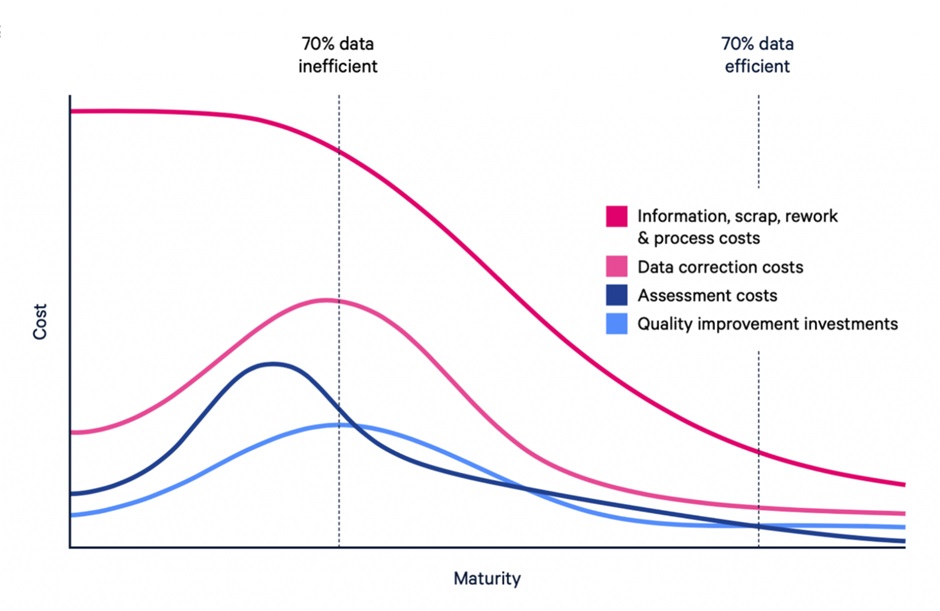- Need Free Consultation?
Data Maturity
- Home
- Resources
- Definition
- Data Maturity
A Comprehensive Guide to Data Maturity by Monetize AE
What is Data Maturity?
Data maturity is a metric that evaluates the reliability, effectiveness, and efficiency of an organization’s data management. It provides a score that indicates how well your company manages its data and what steps can be taken for improvement. Importantly, this score is not just an indicator of your data management capabilities but also reflects the overall health of your business.

Why Data Maturity Matters ?
-
Value Creation vs. Waste:
Data maturity helps you understand whether your data is adding value to your business or causing inefficiencies.
-
Business Health :
A low data maturity score can lead to poor decision-making and increased risks, affecting the overall health of your business.
Factors Influencing Data Maturity
Company Culture:
The organizational culture can significantly impact how data is treated and managed.
Skills and Capabilities
Having a data-literate staff is essential for understanding the value of organized data.
Data Analysis:
The methodologies used for data analysis can also influence your data maturity score.
Leadership:
The role of leaders in emphasizing the importance of data is crucial.
Data Uses:
Whether data is shared and repurposed or siloed affects data maturity.
The Seven Layers of Data Maturity
Value :
This layer considers the monetary worth of data and how it generates value for stakeholders.
Governance:
This layer measures the impact of organizational structure and capital allocation on data maturity.
Architecture:
This involves designing models that depict how data flows within an organization.
General Data Management:
This layer focuses on planning, controlling, and executing processes designed to enhance data's value.
Data Quality Management:
This layer looks at processes responsible for improving overall data quality.
Technology Architecture:
This layer focuses on the technology that helps manage, interpret, and store data accurately.
Usage:
This layer measures how effectively your data is being utilized in the organization.
How to Improve Data Maturity ?
Defining Data :
Assess what data you have and what it is used for.
Investing in Data :
Focus on data that provides the most value but has the lowest maturity scores.
Managing Data :
Create governance structures and operating models to ensure data quality.
Monitoring Data :
Keep tabs on shifts in ROI and allocate capital to the right opportunities.

Summary
Data maturity is a critical metric that not only evaluates the effectiveness of your data management but also indicates the overall health of your business. It is influenced by various factors such as company culture, leadership, and skills. Understanding and improving your data maturity involves a multi-layered approach, focusing on value, governance, architecture, and usage among others.
